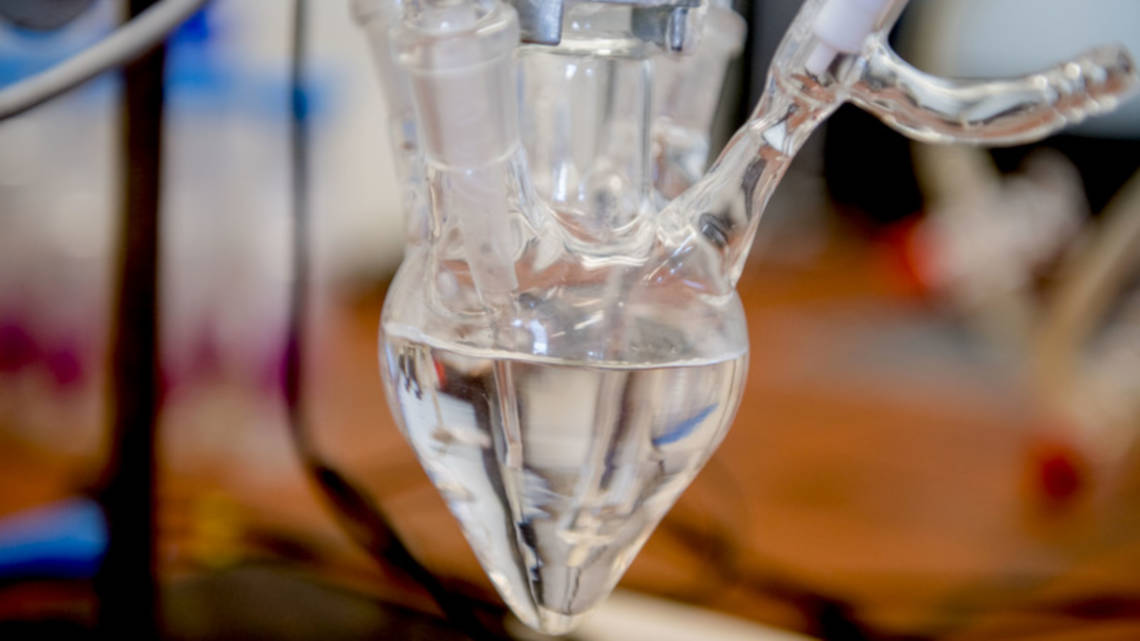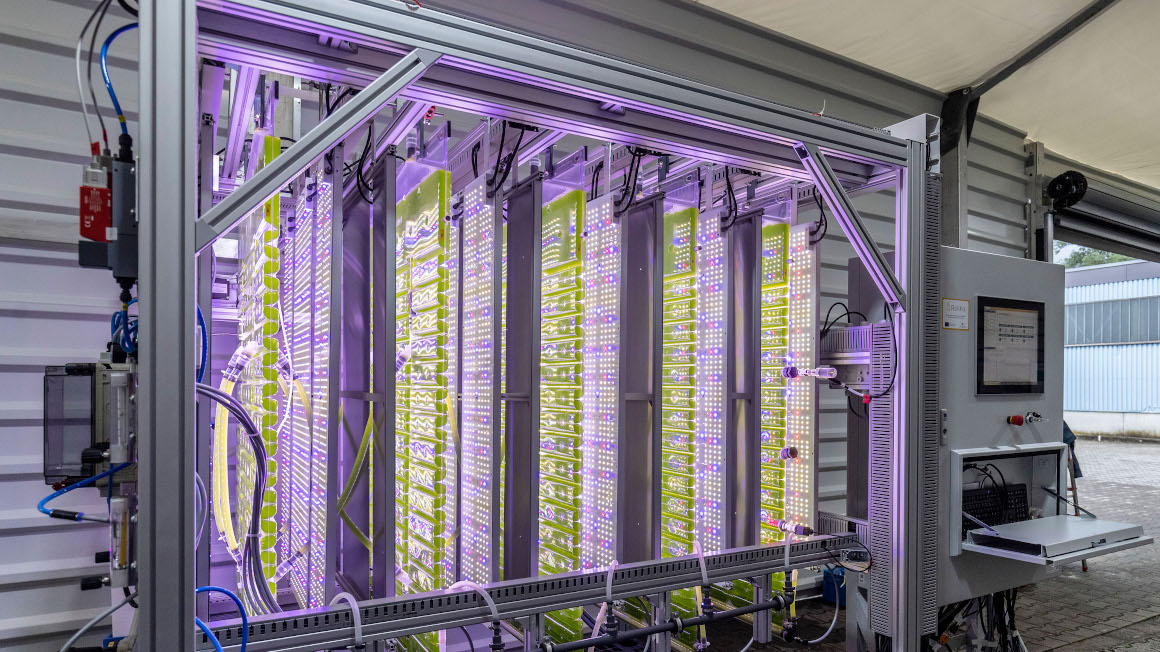Immortal catalysts for biofuel cells
Up until now, biocatalysts were short-lived. Bochum researchers have now developed a thin protective film that can make the hydrogenases last thousands of years.

Until now, there were two types of catalysts that could be used for fuel cells: expensive precious metals such as platinum or short-lived biological molecules. A cooperation between researchers from the Ruhr University Bochum (RUB) and scientists from Marseille has now succeeded in developing a biocatalyst that will theoretically last 22,000 years. The chemists report in the "Journal of the American Chemical Society".
Previous approach sacrificed efficiency
The key is a protective shell for the biological component, the enzyme hydrogenase, which normally loses its function when in contact with oxygen. "We developed a self-defence mechanism based on a conductive polymer film about five years ago," explains Nicolas Plumeré of the RUB. Although the film, which was more than 100 micrometers thick, successfully prevented oxygen from penetrating, it also massively reduced the efficiency of the fuel cell.
Three micrometers stop the oxygen
In their new approach, the researchers are using so-called dendrimers, defined spheres measuring only five nanometres, to make up the protective shell. "Surprisingly, these films, which are only a few micrometres thick, are even more robust than the thicker ones," reports Plumeré. 50 percent of the catalyst now contributes to catalysis, compared with only 0.3 percent for thicker protective films. What makes the difference, however, is the surprising realization that even the thin layer, due to its high conductivity for electrons, protects the enzymes inside effectively against oxygen. These electrons are created during the oxidation of hydrogen in the fuel cell and react with the oxygen, which is thereby eliminated.
Catalysts reactivate each other
Even a protective layer six micrometers thick extends the life of the biocatalysts to one year. "A further two micrometres in thickness theoretically extend the life of the catalyst to 22,000 years," the researchers note with amazement. In addition, the protective coating succeeds in reactivating catalysts that are no longer functional by transferring electrons from neighboring active catalysts. "In other words: Catalysts in this protective film not only protect themselves, but also each other," Plumeré summarizes. As a result, even a protective layer three micrometers thick is sufficient to give the enzymes eternal life. “This extreme longevity brings us another step closer to using such oxygen-sensitive biocatalysts in fuel cells,” says the research team.
bl


